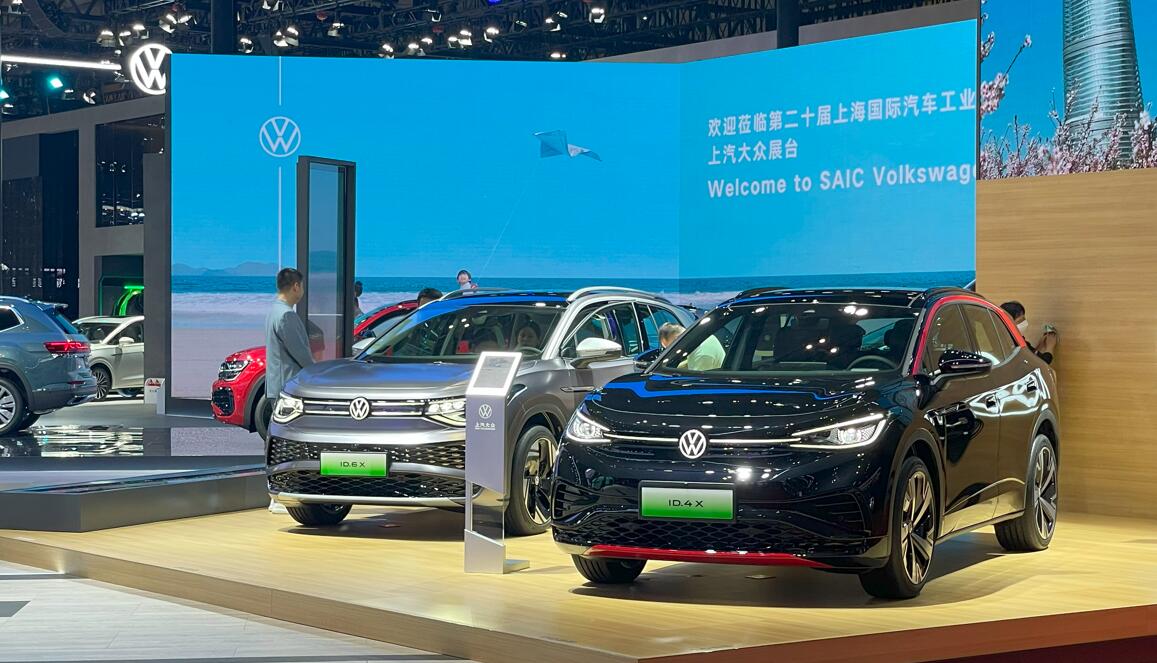SAIC is ramping up development work on solid-state battery cells, with its first production model powered by solid-state battery set to roll off the assembly line in 2025, it said.

(A concept car from SAIC's IM Motors on display at the 2023 Shanghai Auto Show. Image credit: CnEVPost)
China's largest carmaker SAIC Group expects to see its first model with solid-state battery roll off the assembly line in two years, as more local carmakers target the new battery technology for a longer range.
SAIC is ramping up its research and development work on solid-state battery cells and is making every effort to promote the large-scale application of solid-state batteries, the company said in a recent investor survey, according to a May 22 report by local media Jiemian.
SAIC's first mass-produced model with the solid-state battery will roll off the production line in 2025, it said, adding that it will allow users to enjoy a safe car experience while providing them with higher energy density power battery cells.
The report did not provide any further details. SAIC has not disclosed the investor activity.
On May 19, Ganfeng Lithium -- the world's largest lithium producer by market capitalization -- said in the minutes of an investor meeting that it had begun mass production of its first-generation solid-state battery.
Ganfeng's first-generation solid-state battery can reach an energy density of 260 Wh/kg, and its production line is designed to have an annual capacity of 4 GWh, according to the minutes.
Back at SAIC, its solid-state battery appears to have been developed with local startup QingTao Energy Development, similar to what NIO did with Beijing WeLion New Energy Technology.
On July 6, 2022, SAIC announced that it had set up a joint lab with QingTao to develop solid-state batteries.
The two will focus on the mass production of solid-state batteries with a range of more than 1,000 kilometers, 4C fast-charging technology and the development of high-safety, long-life solid-state batteries, according to a press release at the time.
C refers to the battery's charging multiplier, and 4C means that the battery could theoretically be fully charged in a quarter of an hour.
The lab will also conduct high-efficiency solid-state battery integration technology development to push solid-state battery technology to accelerate mass production, SAIC previously said.
NIO unveiled a 150-kWh semi-solid-state battery when it launched its flagship sedan, the NIO ET7, at the NIO Day 2020 event on January 9, 2021, thus bringing the new battery technology to wider attention.
Earlier this month, NIO filed for the addition of WeLion as a battery cell supplier in three models, signaling that its 150-kWh semi-solid-state battery pack is not far from being available.
The post SAIC expects its 1st model with solid-state battery to roll off line in 2025 appeared first on CnEVPost.
For more articles, please visit CnEVPost.



















